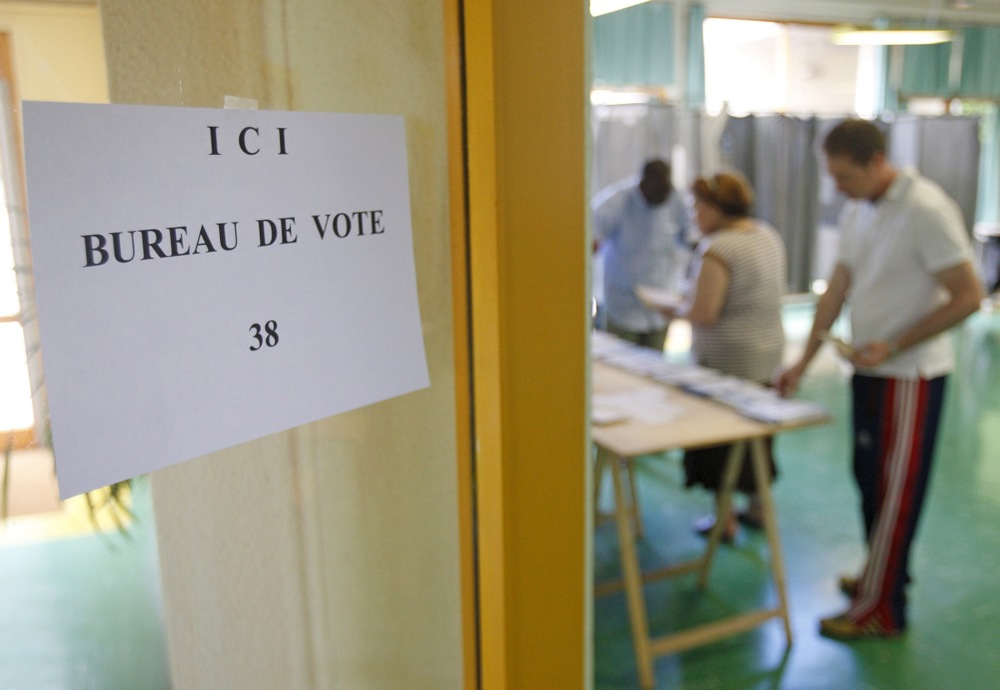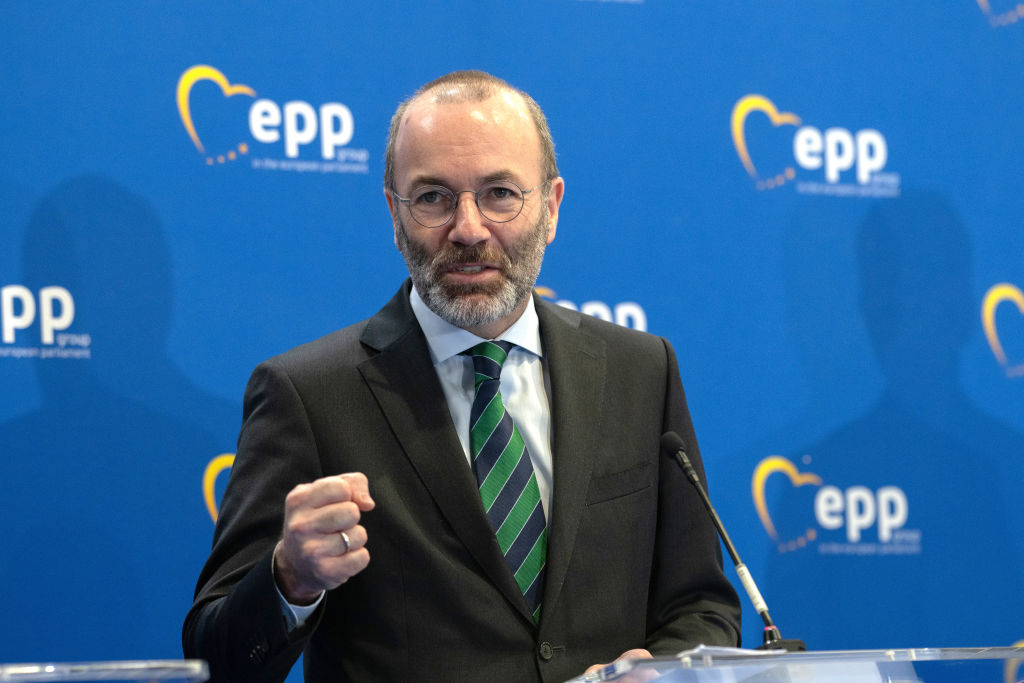The hard-right could end up with nearly one-third of all European Parliament seats following the June elections, according to a leading Belgian Socialist Party candidate.
Estelle Ceulemans, who is second on the francophone party’s list of candidates, warned that a poor left-wing turnout could facilitate the rise of the populist right, which is already today the strongest political bloc in Belgium.
“Today the hard-right comprises 10 per cent of the European Parliament. Tomorrow, there’s a looming risk that they could escalate to 30 per cent,” she said during a meeting in a working-class municipality of Brussels.
“The Right is a risk to democracy and social rights in Europe,” she said. She also voiced concern about the possible undermining of the rights of women and LGBT people.
The growth of the hard-right was no longer just limited to the fringes of Europe, she said, noting that even founding members of the EU — including France, Italy and Germany — had seen populists rise to centre stage.
Cuelemans also warned against the rise of the hard-right in Belgium, where the Flemish nationalist Vlaams Belang party is expected to become the single largest political group in the country.
“Europe is facing a critical juncture,” she said, urging those gathered to mobilise a left-wing vote.
“We need Socialists in parliament. This election is crucial.”
WATCH: Professor @WernerPatzelt says it would be a "big surprise" if the @AfD failed to make huge gains in the upcoming EU elections as it gives a voice to those disillusioned with Germany's political class.
Watch the full interview here: https://t.co/TilEsTOEhk @MCC_Brussels pic.twitter.com/aEjrscvQUJ
— Brussels Signal (@brusselssignal) January 25, 2024
Ceulemans made the comments alongside Yonnec Polet, the deputy secretary-general of the Party of European Socialists (PSE).
Polet claimed that it was thanks to left-wing politicians in the Strasbourg-based parliament that Europe has become “progressive”.
“There has been progressive politics within the European Parliament thanks to the Left,” he said, citing the EU’s subsidy-focused response to the COVID pandemic.
He contrasted this with the centre-right’s austerity-fuelled response to the 2008 financial crash.
The 2024 European elections are highly anticipated, with polling predicting that public support will drift away from the centre and towards more radical parties on both the Left and Right.
According to a forecast from the European Council of Foreign Relations, the Right appears likely to benefit most from the shift, with nativist-leaning groups expected to make considerable gains in votes and seats throughout the EU.
Centrist-left and Green parties are meanwhile anticipating significant losses amid backlash over migration and the EU’s climate policies.
A recent poll published over the weekend has indicated the mood in Belgium is shifting to the Right with a majority in Flanders wanting to see the right-wing populist @vlbelang party leading the government. https://t.co/twJ21dnzA6
— Brussels Signal (@brusselssignal) March 25, 2024





